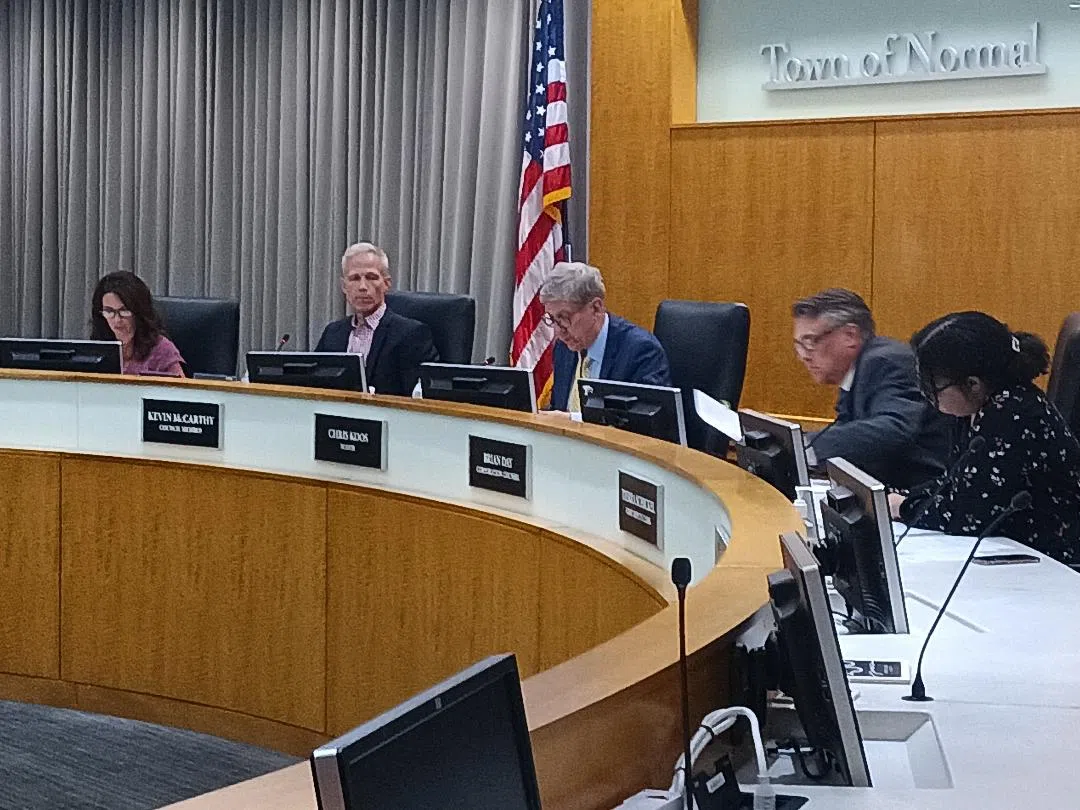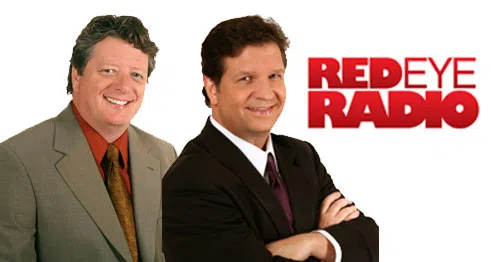The Normal Election Board insists Normal is a Town and not a Village. David Shestokas, an attorney representing Kathy Siracuse and Citizens for a Better Normal, says it does not matter how Normal identifies itself, it is a Village. The Normal Electoral Board ruled against Siracuse and Shestokas in a hearing that ended on Tuesday evening.
As a result Shestokas will be filing an appeal in McLean County Circuit Court. The appeal will be handled by an elected judge. Shestokas said, “That’s the first order of business.” He will be filing the appeal on the behalf of Siracuse.
Siracuse filed petitions for Citizens For a Better Normal to put a referendum on the ballot to divide Normal into six districts for the purpose of electing its council members.
In his objection to the petition Patrick Dullard argued that because Normal is a town, petitioners had no right to do so. Dullard’s argument is that petitions for ballot referendums can only be circulated in villages.
The Normal Electoral Board is made up of; Mayor Chris Koos, Senior Council Member Kevin McCarthy and City Clerk Angie Huonker. Brian Day, Town Attorney was appointed by Koos to serve on the board as attorney and parliamentarian.
Shestokas argues that Supreme Court Cases since 1877 have ruled the terms town and village are interchangeable. He also stated the last time this was argued before the IIliinois Supreme Court was 1910 and that therefore it is now settled law.
Shestokas also makes a second argument regarding the differences between Illinois law which recognizes cities, towns and villages.
According to Shestokas, Normal clearly is not a city. There are a number of things that have to be done to be a city. Normal has not done these things. He says Bloomington and LeRoy are the only two cities in McLean County.
 Shestokas says since 1985 Illinois Towns have been required to elect a President, Supervisor, Assessor, Collector, Treasurer and Clerk. Normal has never elected those particular officers and if it is a town it has been operating illegally since 1985, he claims.
Shestokas says since 1985 Illinois Towns have been required to elect a President, Supervisor, Assessor, Collector, Treasurer and Clerk. Normal has never elected those particular officers and if it is a town it has been operating illegally since 1985, he claims.
Therefore, Shestokas deducts, since Normal is not a City or a Town the only option left in Illinois is a village, and as a result, Normal is legally a village.
According to Shestokas, there is only one legal Town in the state, Cicero.
Dullard’s argument rests on strict interpretation of (65 ILCS 5/3.1-25-80).
(65 ILCS 5/3.1-25-80) (from Ch. 24, par. 3.1-25-80)
Sec. 3.1-25-80. Referendum; districting and election of trustees. If a petition signed by not less than 5% of the electors of a village with a population of 5,000 or more requests that the question of districting the village and electing trustees, one from each district, be submitted to the electors of the village, this question shall be certified by the municipal clerk to the proper election authority, who shall submit the proposition at the next general state or municipal election in the village.
The petition shall be presented in accordance with the general election law. The proposition shall be in substantially the following form:
Shall the village be divided into 6 districts with one trustee elected from each district?
If the question receives the favorable vote of a majority of all votes cast on the proposition, the board of trustees shall proceed to district the village, and the election of trustees for the village thereafter shall be in accordance with Section 3.1-25-75.
(Source: P.A. 87-1119.)

Photo courtesy of Yelp.
Just three sections below that Shestokas argument hinges on (65 ILCS 5/3.1-25-95).
(65 ILCS 5/3.1-25-95) (from Ch. 24, par. 3.1-25-95)
Sec. 3.1-25-95. Incorporated town officers. For the general municipal election to be held in the year 1985 in every incorporated town with a population of 25,000 or more by the last official census, and every 4 years thereafter, the municipal clerk shall certify the names of the candidates to the proper election authority as provided by the general election law. A president, a clerk, an assessor, a collector, and a supervisor shall be elected for a term of 4 years and until their successors are elected and have qualified. Whenever a vacancy occurs in the office of any of the specified officers, the vacancy shall be filled for the remainder of the term at the next general municipal election in that incorporated town as provided in Section 3.1-10-50. Whenever an election is held for this purpose, the municipal clerk shall certify the office to be filled and the candidates for that office to the election authorities as provided in the general election law. During the period from the time a vacancy occurs until a clerk, assessor, collector, or supervisor is elected and has qualified, the vacancy may be filled by appointment by the president and board of trustees of that incorporated town voting jointly. During the period from the time a vacancy occurs until a president is elected and has qualified, the vacancy may be filled by appointment by the board of trustees of that incorporated town.
(Source: P.A. 87-1119.)



















